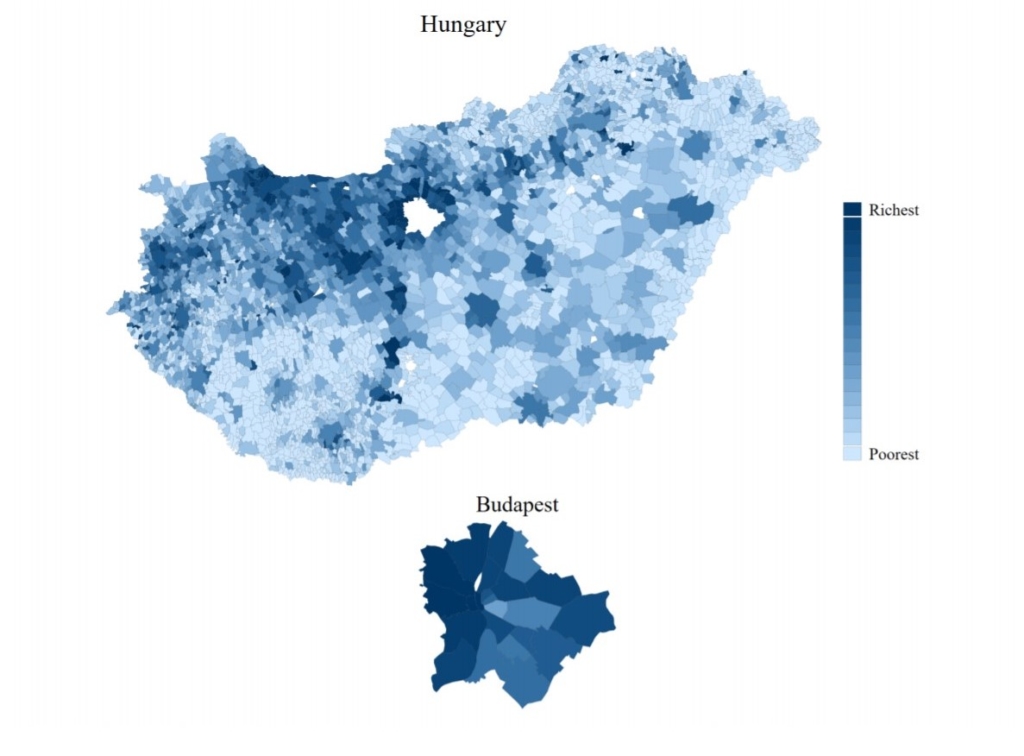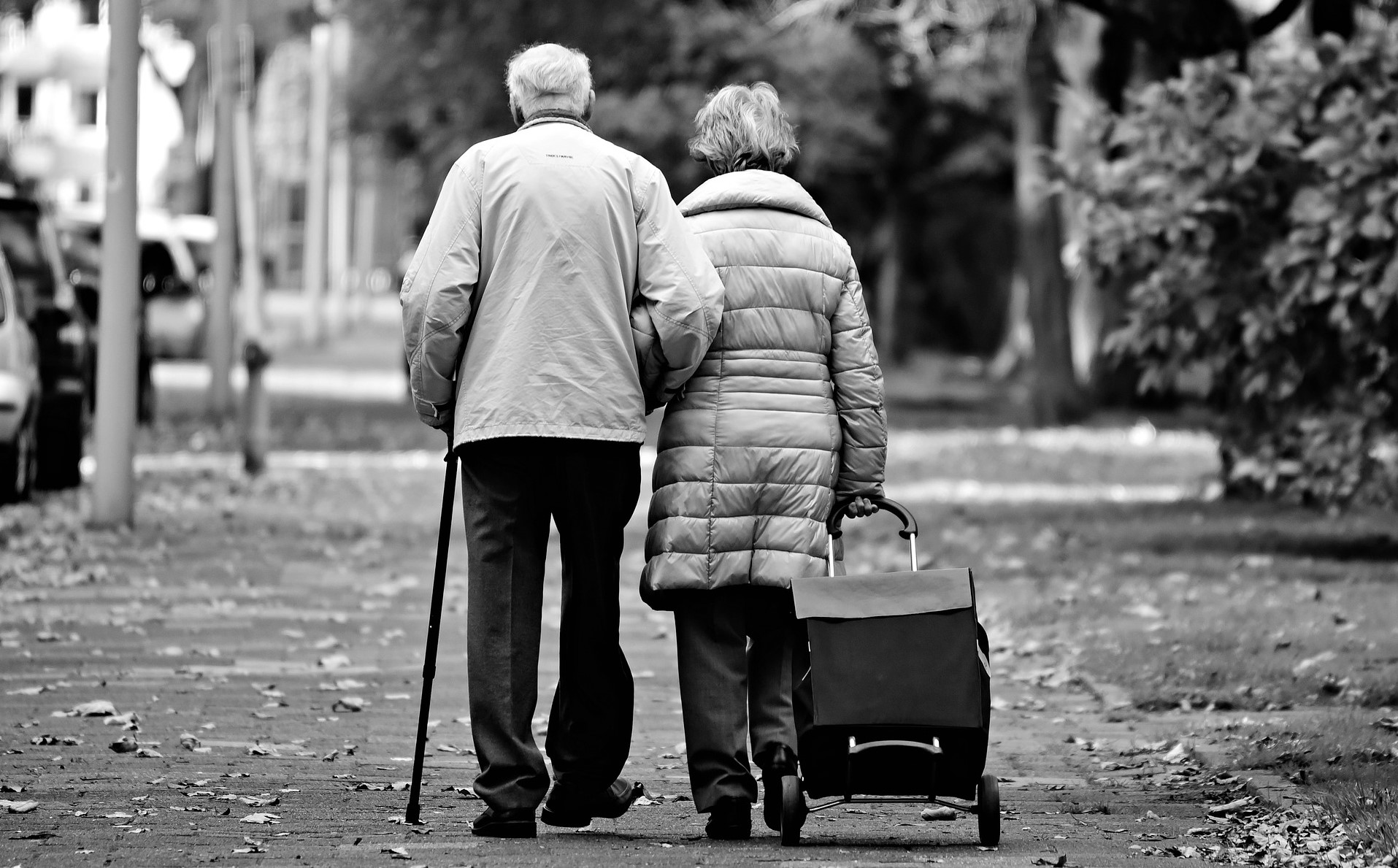Inequality in life expectancy in Hungary: People may live for up to 6 years less in poor settlements
According to a recent Hungarian study, living in the poorest settlements can mean a 5-7 years shorter life expectancy compared to the inhabitants of the wealthiest regions. The disadvantages of poor people manifest themselves in the areas of avoidable causes of death and access to healthcare services. Additionally, inequality in life expectancy across different income groups has increased since the 1990s in Hungary.
Higher incomes are generally associated with higher life expectancy; however, this correlation is affected by several factors. In The Role of Place and Income in Life Expectancy Inequality: Evidence from Hungary, Hungarian researchers of the Centre for Economic and Regional Studies have examined mortality data, settlement-level income and population to provide a detailed analysis of the income-related geographic inequalities in life expectancy, Index reported.
The methods and analytic approaches
The authors wanted to focus on the lifespan of adults, so they chose the age 45 and measured life expectancy by gender and age for each settlement in Hungary between 1991 and 2016. They determined three time periods (1991−1996, 2001−2006, and 2011−2016), then grouped Hungarian settlements into 20 categories based on the income of the population. The inhabitants of the poorest villages and towns were at the bottom of the scale while the citizens of the richest settlements were at the top. The study also distinguishes between avoidable and unavoidable deaths based on the cause of death.

The researchers told Index that
this is the first study in Hungary that examined life expectancy inequality by income and type of death, especially over a long time period.
The ever-widening gap
The results of the 2011−2016 period suggest that there are considerable inequalities in life expectancy at age 45 across the settlement groups.

Read alsoWOW! Hungarian researcher received a prestigious Physics award from CERN
Comparing the data of the poorest (32.8 years) and the richest settlements (37.4 years), the difference in lifespan among women is 4.6 years.
This difference is 6.9 years among men. These numbers were even worse in the 1990s. The average life expectancy at age 45 has increased by 3−4.5 years in twenty years. However, the difference in lifespan between the poorest and the richest areas also grew significantly among women: it was 2.4 years in the period between 1991 and 1996, and it doubled between 2011 and 2016.
Avoidable versus unavoidable deaths
The researchers examined the relationship between the income level of a settlement and the number of avoidable (can be prevented, for example, death caused by an unhealthy lifestyle or accident) and unavoidable deaths. They hypothesised that death due to avoidable causes of death is the same in each settlement group to focus on the mortality inequalities due to unavoidable causes of death. Under these conditions, the difference in life expectancy between the poorest and richest areas would be halved. This observation is one of the study’s most significant contributions to the research area of health and life expectancy inequality.
Distance to pharmacy and ambulance response time
The final part of the study considers the relationship between life expectancy inequality and various factors that are related to the settlements’ level of income, such as eating habits, smoking, alcohol consumption, time spent doing sports, and ambulance response time. Although these factors are rather diverse, they are all related to health in some way. The data shows that lifespan inequality has a significant correlation with such measures of healthy behaviour, healthcare use, and access to healthcare.

Read alsoHungarian research groups found the genome of COVID-19
Source: index.hu
please make a donation here
Hot news
Hungary to prepare EU’s 2025 budget
What happened in Hungary today? — 23 April, 2024
According to Hungarian House Speaker Kövér, Europe lags behind global competitors
McDonald’s in Hungary: Popular fast food chain expands further in Hungary
International cooperation: Police arrest Slovak arms dealers in Hungary and Slovakia
Don’t miss out on these 5 amazing Hungarian festivals at Lake Balaton this summer!


